OpenAI's GPT Store flooded with copyright infringing, Elon Musk wannabe spammy AI models
2 min. read
Published on
Read our disclosure page to find out how can you help MSPoweruser sustain the editorial team Read more
Key notes
- Despite OpenAI’s review system combining automated checks with human oversight, the influx of GPTs has clearly been slipping through the moderation process.
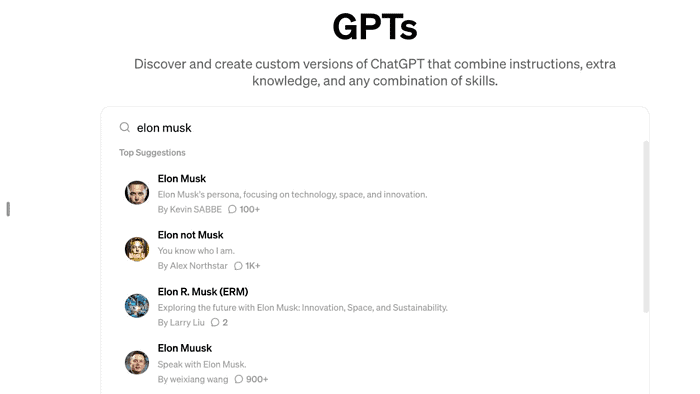
OpenAI’s GPT Store aimed to offer GPTs capable of various tasks, from programming assistance to providing workout tips. However, there are concerns regarding the quality and compliance of available GPTs. TechCrunch’s investigation found examples of copyright-infringing GPTs, including those generating content in the style of Disney and Marvel properties without proper authorization. Like an “Iron Man” GPT or a “Mickey Mouse”.

Despite OpenAI’s review system combining automated checks with human oversight, the influx of GPTs has clearly been slipping through the moderation process.
Another concern could be academic dishonesty, with GPTs claiming to bypass AI content detection tools, which can facilitate plagiarism. Two GPTs claim to bypass AI content detectors. One claims to be a sophisticated rephrasing tool, while the other humanizes content while maintaining its quality. There are more like these. OpenAI prohibits such GPTs, but their presence is in the store, including AI girlfriend.
There are GPTs who simulate conversations with public figures or imitate their personas, such as Elon Musk, Donald Trump, Leonardo DiCaprio, Barack Obama, and Joe Rogan. Some GPTs are experts on specific products, such as MicrosoftGPT.
Attempts at “jailbreaking” OpenAI’s models have been observed, although unsuccessful.
In conclusion, the current state of the GPT Store suggests ongoing challenges in maintaining quality control and adherence to policies. OpenAI’s response to these challenges will likely shape the future trajectory of the platform.
More in-depth details are here.

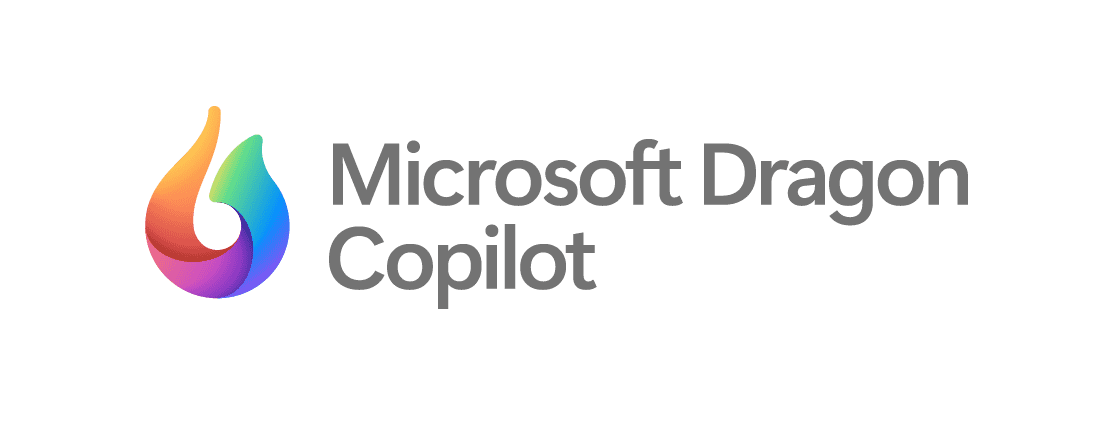
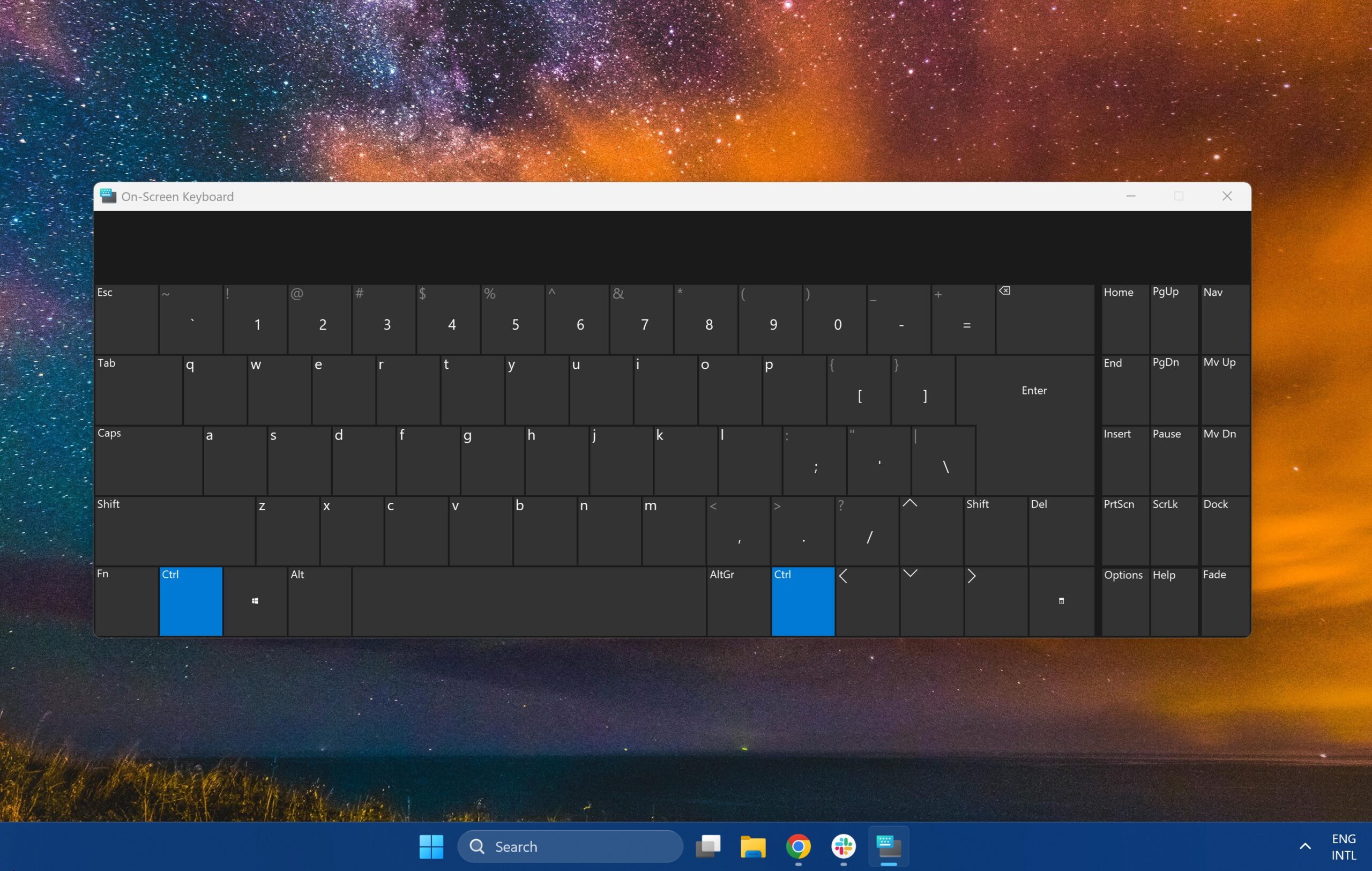

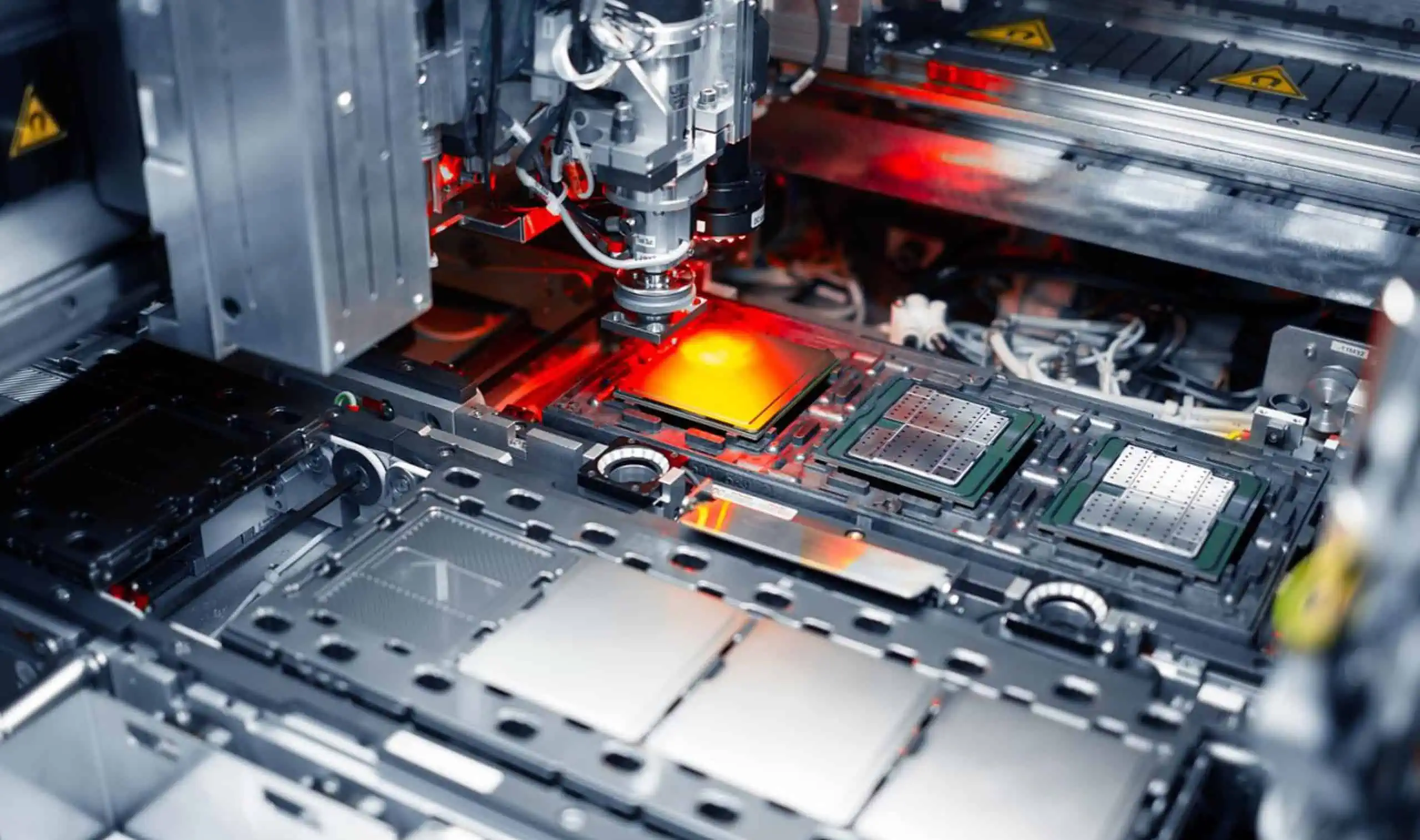
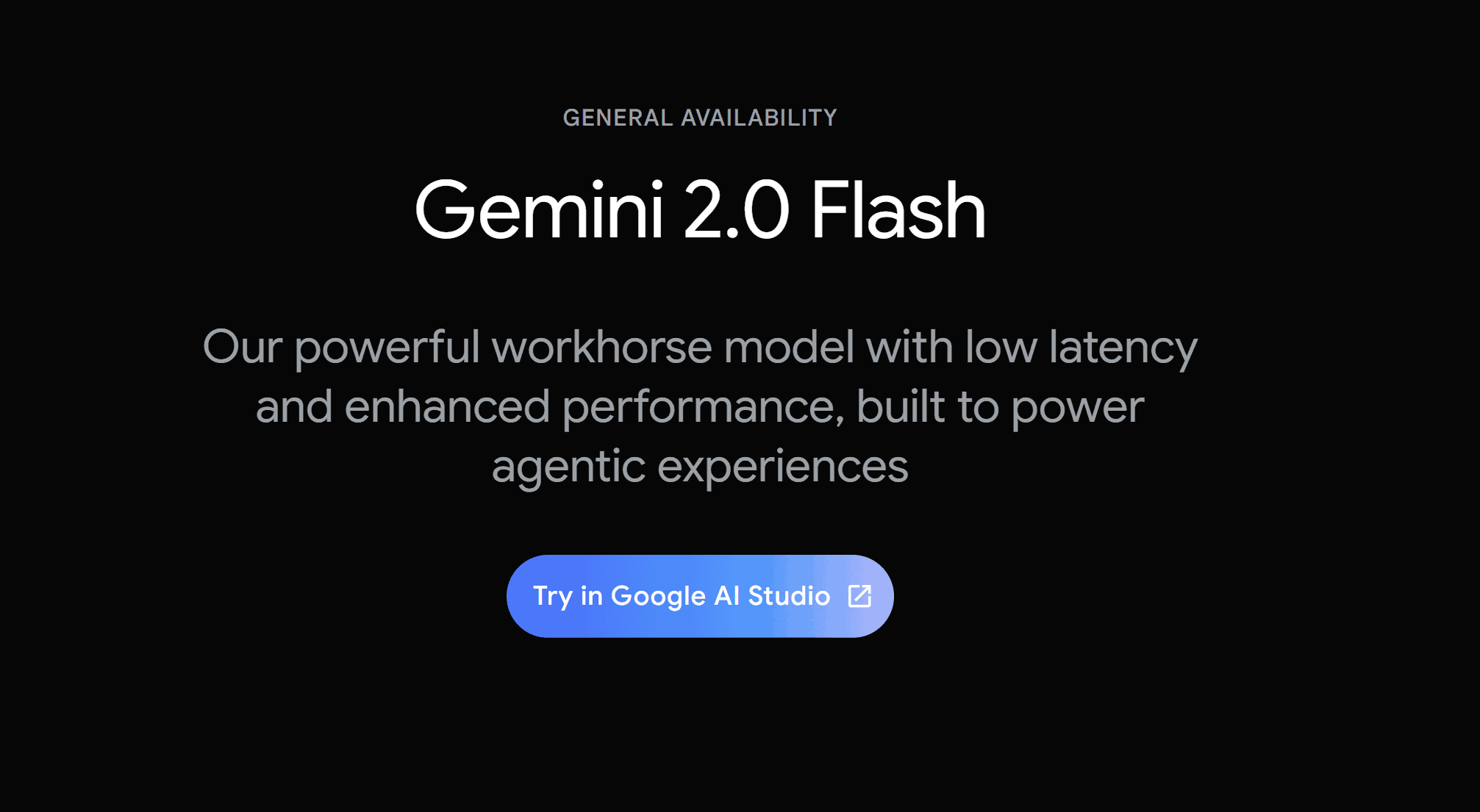

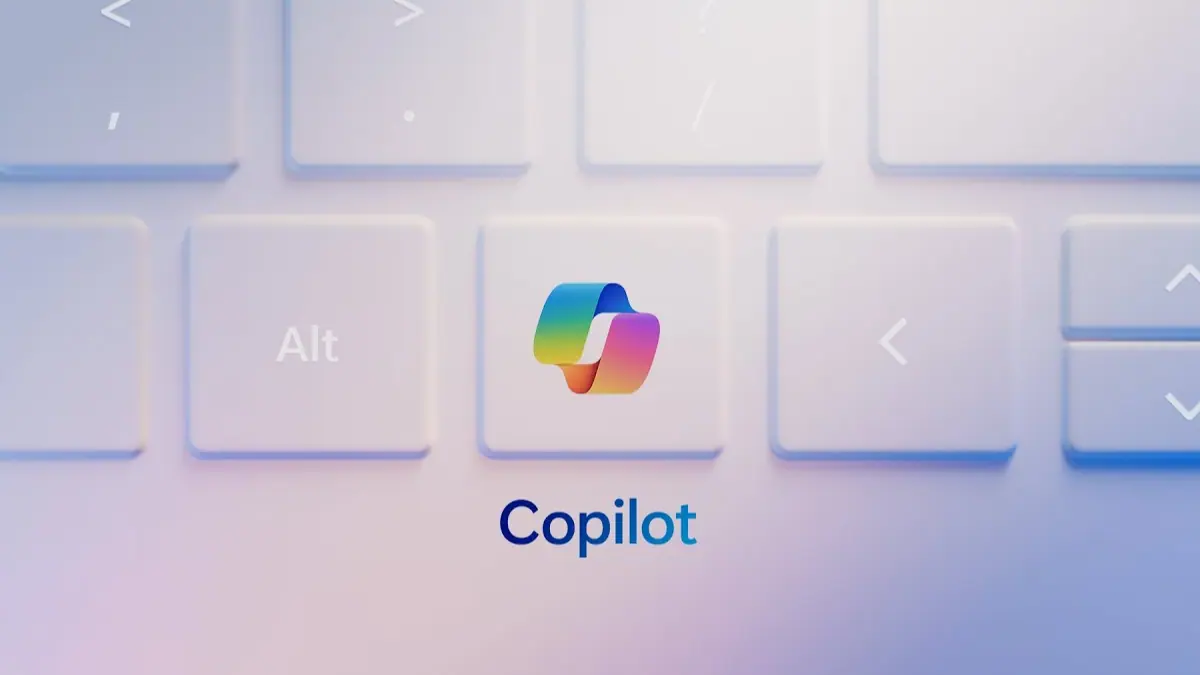
User forum
0 messages